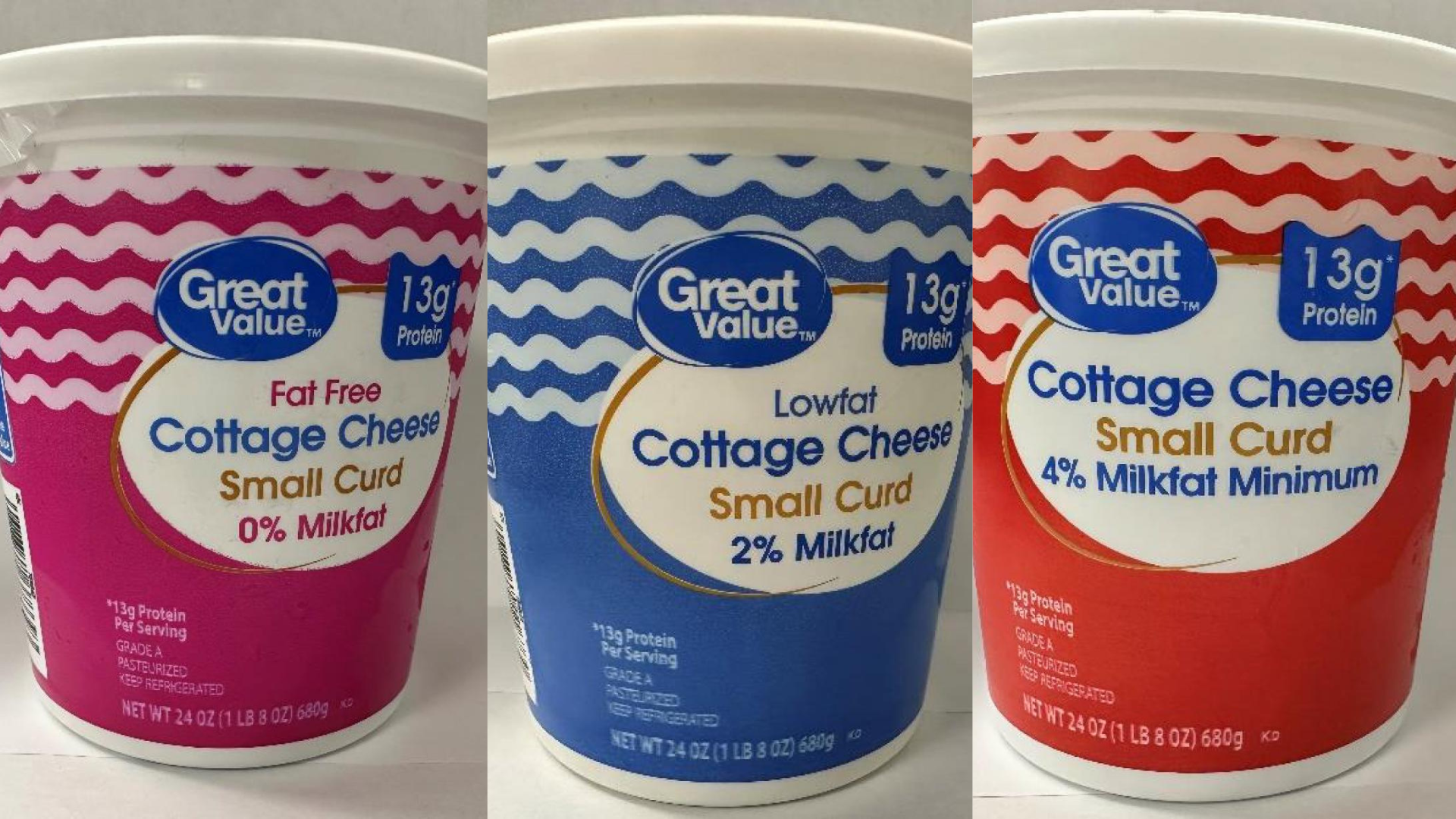President Donald Trump signed his massive spending and tax policy package on Friday. It includes new tax policy aimed at achieving his campaign promise of ‘no tax on tips.’
What does it mean for tipped workers?
Tipped workers can now deduct up to $25,000 of tipped income from their taxes. The amount someone can deduct phases out after the individual’s income exceeds $150,000 or $300,000 for a couple filing together.
The deduction only applies for federal income tax, so tipped workers will still owe payroll taxes like Social Security and Medicare taxes and state income taxes.
Who does it help the most?
The tax policy changes apply to just a sliver of the workforce.
There were about 4 million tipped workers in the U.S. in 2023, or about 2.5% of the workforce, according to the Yale Budget Lab.
Of those workers, 37% don’t earn enough to face federal income tax.
That means the new policy may not have a major impact on lower-income tipped workers.
“Among tipped workers, those who are earning relatively significant amounts of income, you know, maybe north of $40,000 or $50,000 will benefit significantly,” said Daniel Bunn, the president and CEO of the Tax Foundation, a nonprofit organization that promotes tax policies that lead to greater economic growth and opportunity. “But if you're earning less than that, you might have very little tax liability to utilize this benefit.”
Who supports it?
Limiting taxes on tips has received bipartisan support among lawmakers, and many tipped workers are excited about the money they could save.
“It definitely would be a couple (extra) hundred dollars in our paychecks, which goes far right now,” Nichole Stoke, a hospitality worker in Las Vegas, told Scripps News Group Las Vegas.
But some industry groups say they oppose the change because it would tax people who work together differently.
“The legislation around no tax on tips is problematic because it leaves out a huge portion of restaurant workers. notably everyone who works in the kitchen and is not customer facing,” said Anne McBride, the vice president of impact at the James Beard Foundation, a nonprofit organization that works on behalf of chefs and the culinary industry.
The foundation sent a letter to members of Congress in opposition to the entire piece of legislation and highlighted the ‘no tax on tips’ section.
Bunn says he thinks it complicates tax policy.
“When I think of smart tax policy, I think of policies that create neutrality, simplicity, stability, and transparency, and this policy cuts against several of those principles,” he said. “I think, honestly, the complexities of figuring out who's eligible and who's not will probably mess with some of the elements of transparency and neutrality.”
RELATED STORY | Trump signs his 'big, beautiful bill' during July 4 celebration
When does it take effect?
The changes apply to the 2025 tax year and tipped income that has already been earned during it qualifies for the deduction.
The law is set to end after 2028 unless Congress renews it.
Where did President Trump get the idea for it?
President Trump has said he got the idea for ‘no tax on tips’ from a waitress he met in Las Vegas.
During the Republican National Convention last year, he said, a waitress told him “‘the government is after me all the time on tips.’”
He says he suggested not taxing tips, to which he says the waitress responded, “‘what a great idea.’”











